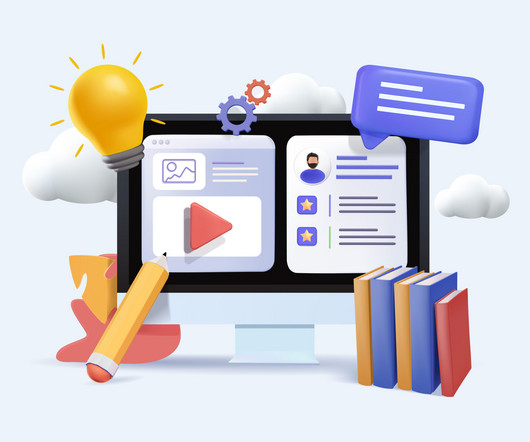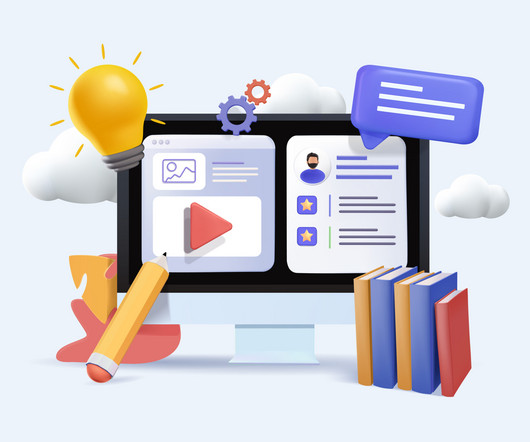How to Assess Inclusiveness in Teaching
Edsurge
FEBRUARY 5, 2022
Braithwaite stresses that, “We need awareness of our situatedness—in time, space, in culture and in how we experience the flow of history through us. Verify that your syllabus contains statements that reflect your values in this area. The text of your syllabus and course design. And the subtext of your syllabus.



















Let's personalize your content